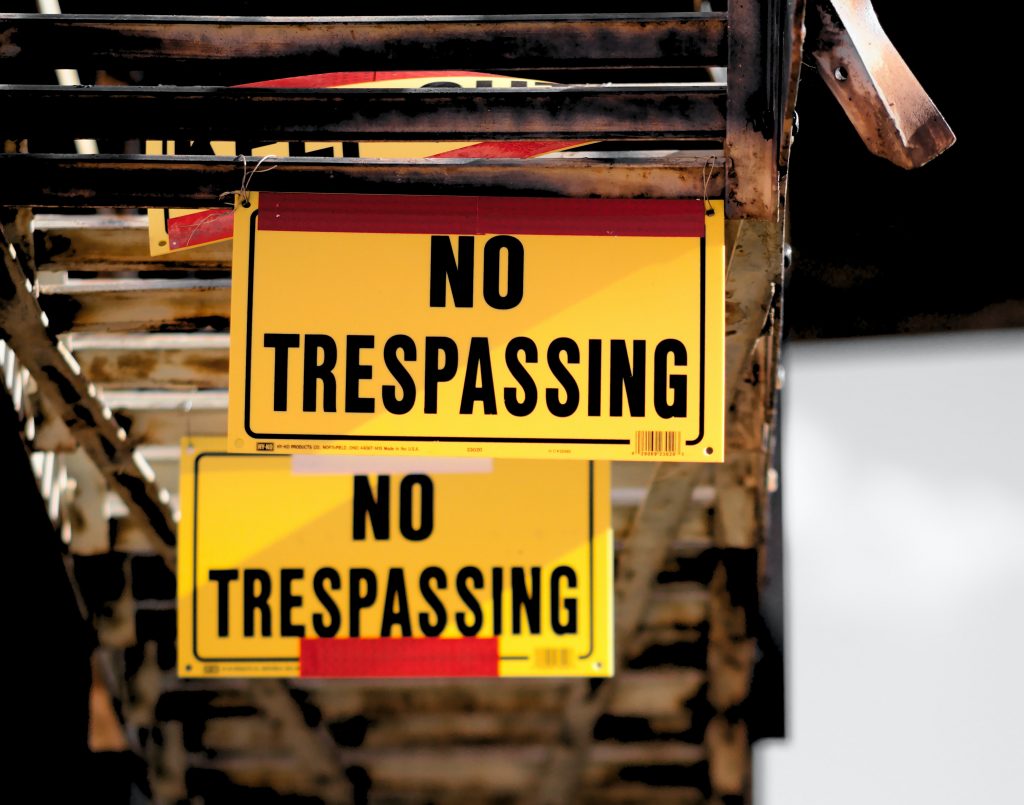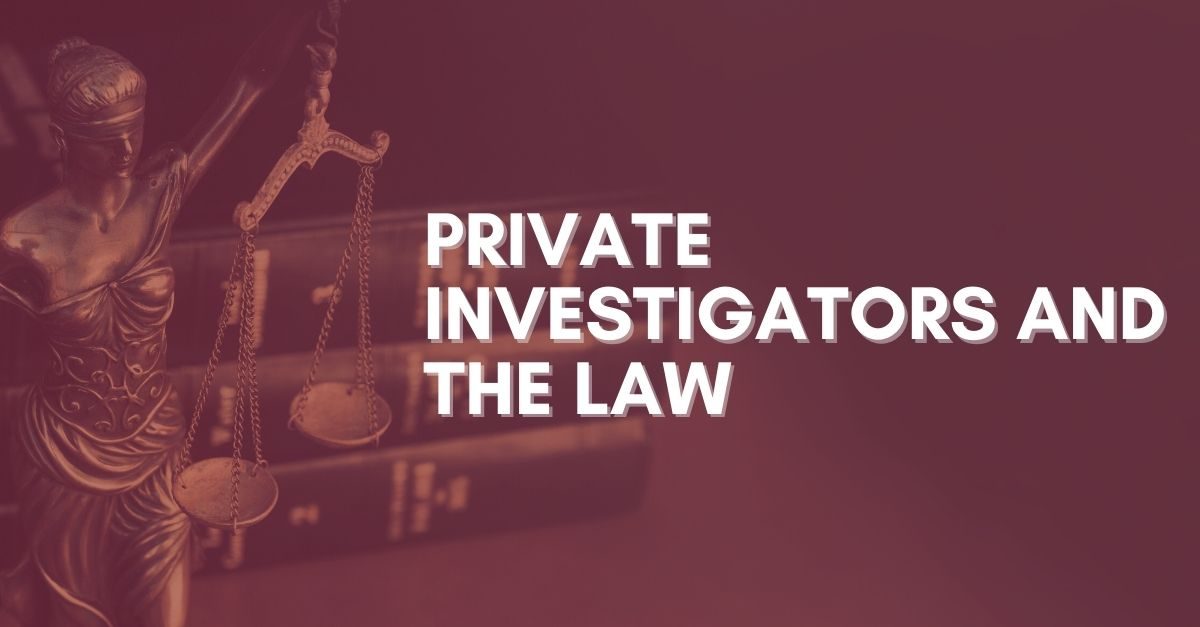Although various mediums often portray private investigators (i.e.: movies, TV, books, etc.), these representations are often inaccurate. In fact, it’s quite common to see private investigators breaking the law in fiction. Which of course, in reality, they would never be able to get away with. It would go against the whole reason of becoming a PI in the first place.
In this article we will go over a number of misconceptions about private investigation, and address these. We will be looking into what the law allows and restricts private investigators from doing.
The Law
Private investigation law pertains to what PIs can and can’t do. They can be an excellent addition to any case and can help tremendously. Often even making the difference between solving a case, or winning it in court. However, there is generally a fair amount of misinformation out there concerning what PIs can legally do. We’re going to clear some of this up here with some examples below.

- Making arrests. Some might believe that private investigators can make lawful arrests, like the police. However, this is untrue. In fact, they hold the same rights as a regular citizen. Meaning the farthest they could go is by making a citizen’s arrest. Making a citizen’s arrest requires the citizen to have seen a suspect commit a criminal act, and then detaining them immediately. Then they can hold them until government authorities arrive. So while they hold this right like the rest of us, they must wait for law enforcement.
- Trespassing. Trespassing is something we see PIs do in fiction all the time. This is, of course, completely illegal, and any evidence collected during such a process would be completely void in court, rendering it useless. Private investigators cannot enter a property without the consent of the owner or tenant. Otherwise, this would be trespassing, and if they went as far as to break in, this would be breaking and entering.
Impersonating law enforcement and other unlawful acts
Private investigators do not usually associate with police. In most scenarios, PIs cannot carry a badge, a uniform, or in any way tell someone that they are a federal or police officer. In some instances, they are able to wear equipment, such as a tactical vest, badge or uniform that indicates that they are a private investigator. However, they must do this in accordance with local law enforcement mandates. Otherwise, they risk their actions being classed as impersonation of a law enforcement officer.

Wiretapping is another activity we often see fictional characters partake in, and often one that they are not legally allowed to do. It is completely illegal for a PI or any other citizen to wiretap someone’s phone without their consent or knowledge. Illegal wiretapping is a federal crime.
There a number of other activities that a private investigator must not do. For example, tampering with someone’s mail, performing a credit check on someone without their consent, and so on.
Stay informed: What can private investigators do?
Although private investigators can be very handy on a case, it is important to know what they can and can’t do. This is the case whether you plan on hiring one or you are being investigated by one. It is important to remain informed.
This aside, however, private investigators do not make a habit of breaking the law. Otherwise, they wouldn’t have much business and would find themselves in and out of jail. In terms of digging out information and looking into someone’s background, or collecting evidence, and then preparing it for court proceedings, you can’t do better than hiring a PI. This is also the case for the delivery of legal documentation or fraud investigation.
Private investeigators are here to help you get access to information, help you gather evidence. To make a stronger case, and keep it running smoothly.
So If you find yourself in need of a licensed private investigator and their particular set of skills, please feel free to call us. Or simply click on this link to get in contact with one of our team members.









